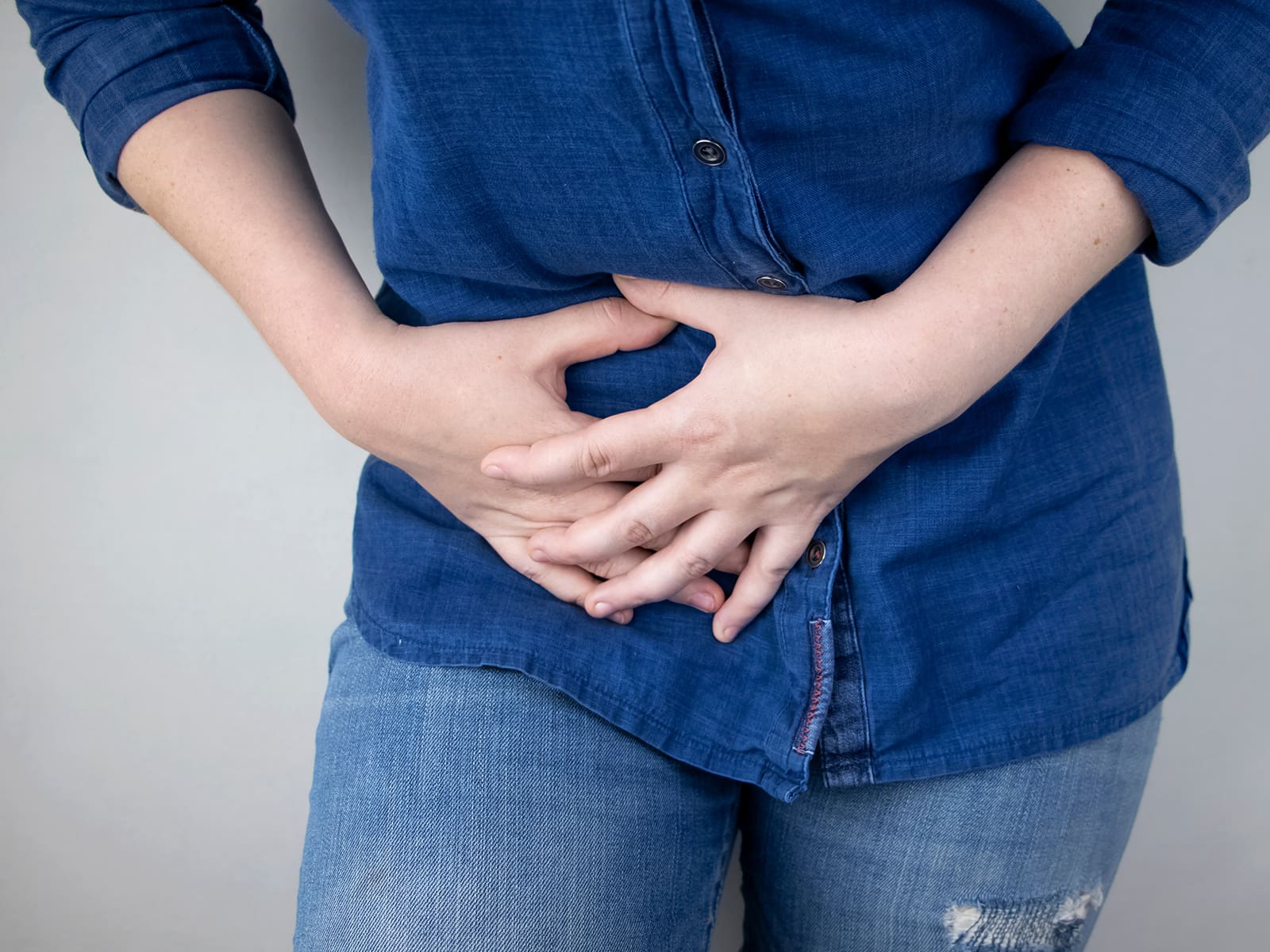
Crohn Esophagitis is a rare type of crohn disease that induces inflammation of where the esophagus is. It may result in pain at swallowing, chest pains and when not taken care of it can result in ulceration or constriction of the esophagus. Symptoms should be managed by diagnosing and treating it early to avoid complications of the disease.
It would have symptoms similar to those of acid reflux but they are usually more lasting or acute. Common signs include:
Although the precise cause is not clearly known, Crohn Esophagitis can be elicited by several factors:
Our team at GastroDoxs, which is based in Houston, specializes in the diagnosis and treatment of Crohn to treat it on a personalized basis. You can trust us with sophisticated endoscopic treatment up to custom-made medication course, nutrition through special education, and stress management techniques. Worries lost in time No need to wait-book your appointment now with our Crohn Esophagitis patients and start living with maximum comfort and improved digestive wellness.
We've successfully treated more than 1K patients, helping individuals improve their digestive health and overall well-being through expert, personalized care.
With over 20 years of experience, GastroDoxs has been a trusted provider of gastroenterology care, focusing on delivering the best outcomes for patients
Crohn Esophagitis is the forms of Crohn disease, which is difficult to treat and the inflammation results in the esophagus resulting in pain during swallowing and discomfort in the chest as well as an esophageal ulcer and a thin or narrow esophagus.
Although antacids frequently provide relief of reflux symptoms, the pain may accompany Crohn esophagitis, and rarely respond to antacid treatment, even as a result of gastrointestinal weight loss, ulcers, or esophageal strictures.
Symptoms It is characterized by early signs of odynophagia (painful swallowing), chest discomfort, sore throat, persistent sore throat or chronic cough or the feeling of food being caught in the throat or chest.
It is also not very common as compared to intestinal crohn disease; though its occurrence may occur in adults and in children who are involving with Crohn disease out of the intestines.
Yes. Aggravated over time, prolonged inflammation may result in ulceration and strictures (narrowed segment) in the esophagus, thus leading to the production of difficulty in swallowing and high chances of obstruction.
Diagnosis is typically completed by cordial examination of the rounded esophagus with an endoscope and biopsy. Other causes of esophageal inflammation can be also ruled out by laboratory tests or imaging.
A personalized diet is frequently characterized by soft, low-acid, or low-residue items so that the irritation is not so intense. We will help our team to create a personalized meal plan to help you heal and survive on nutrition.
The duration of treatment is not certain: some patients are healed in a few days, other patients have to withstand several weeks of medicines as well as altering diet and giving additional care in order to be able to function with completely controlled symptoms.
Surgery is uncommon and only applied when there are complications that include severe strictures or failure of ulcers to heal. The medical treatment of most patients is great, such as steroids, immunosuppressants, or biologics.
GastroDoxs in Houston provides special interest in Crohn esophagitis and involves the diagnosis, personalized treatment programs, endoscopic therapy, nutritional reinforcement as well as stress-Tablet measures.